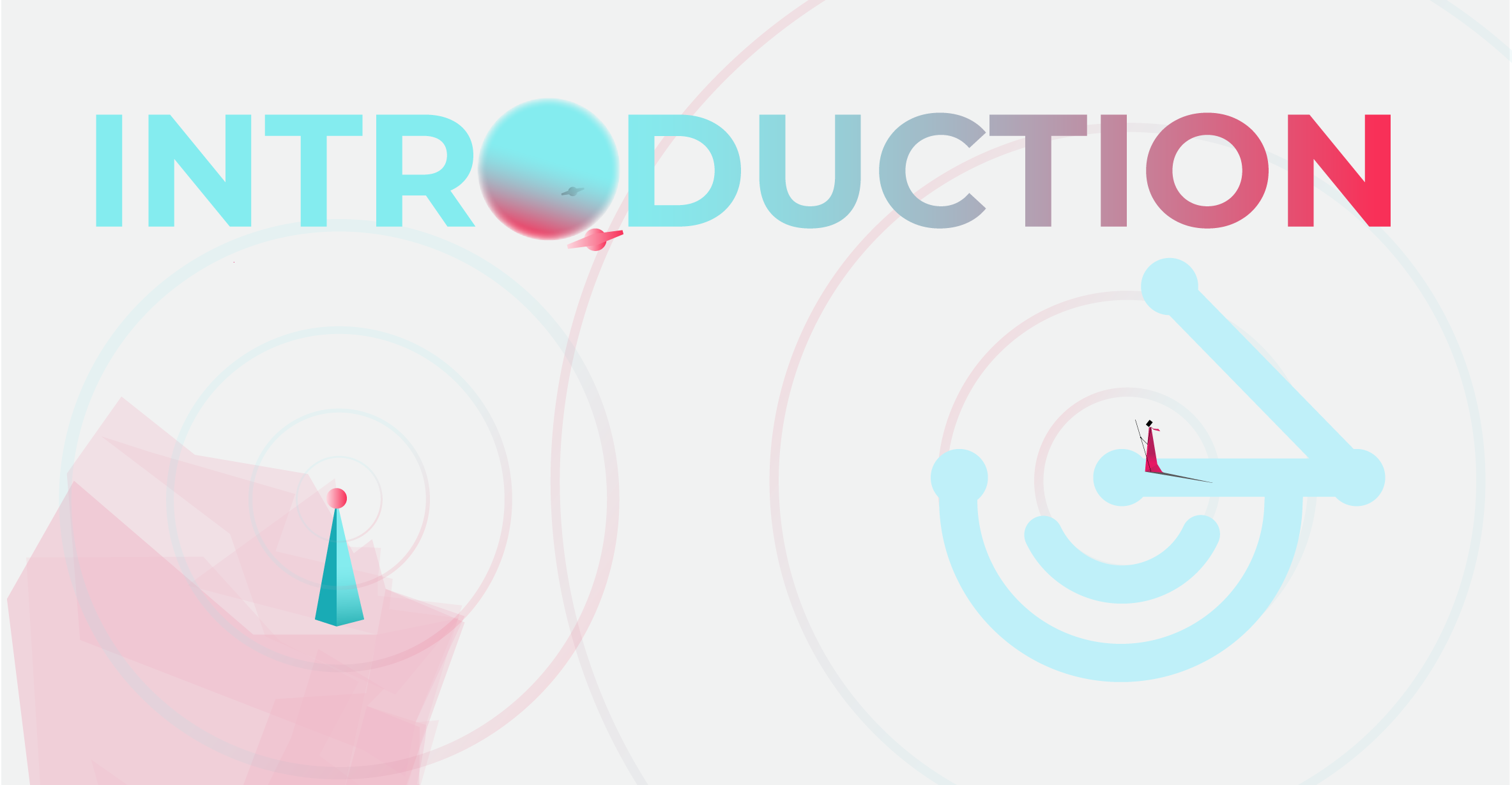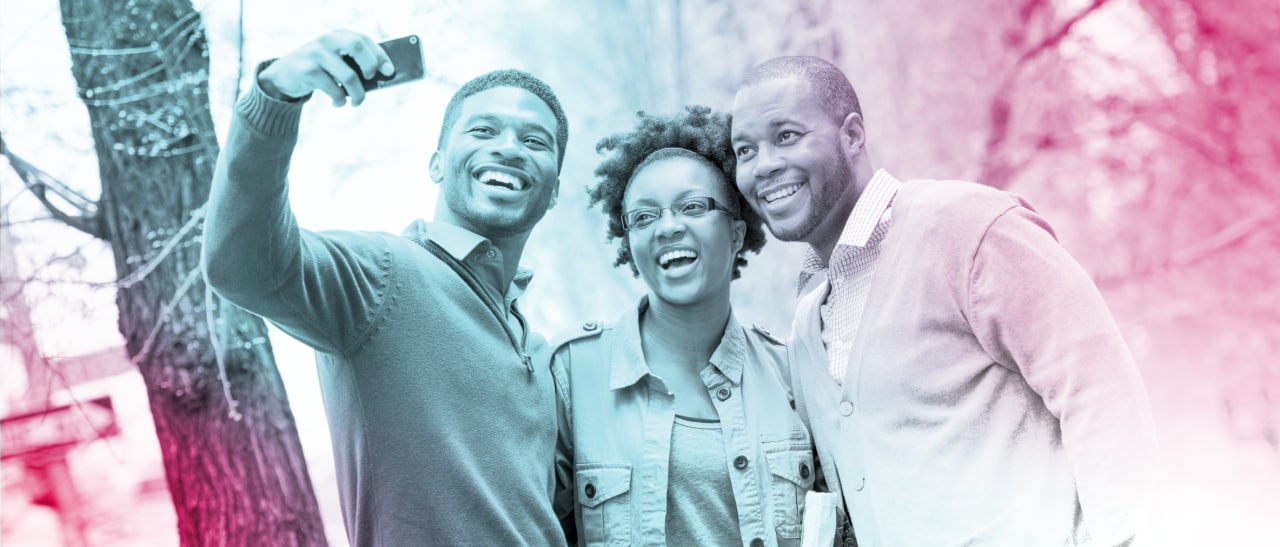Introduction

Without doubt, humanity now lives in the information era. We take our smartphones out of our pockets or flip open our laptops, and we can access the world. We have instant entertainment, shopping, news, education, meetings, healthcare, finance, travel, social connections, and other areas of our lives that connect us globally, leaving our digital footprints and data. Connectivity has become a part of our lives that we don’t even notice the complexity behind it until the frustration from a malfunctioning router or bad connection makes us appreciate it.
On the other side, some countries still lack proper broadband infrastructure, with people lacking access to basic financial instruments or even a means of identification. Therefore, tackling connectivity is not limited to building telecom infrastructure. It also means providing means of identification and payment.
Our connections and communities affect and control our lives as individuals in more ways than we know. Without connections, the global economy would not exist as we know it today. While the current model has obvious flaws, it solves many more problems. Presently, countries cannot develop without a connection highway to the world that can accommodate most of their population.
Imagine your private or business life without a fast and reliable internet connection. Unfortunately, this is the reality for many people living in emerging economies. Now, imagine the limitations of the country as a whole.
Emerging economies need to focus on multiple areas, including economic development, social development, environmental protection, poverty eradication, and others. Solving these issues is often conflicting and complicated, but solving them without information and connectivity is virtually impossible.
Some even argue that information is the most important commodity of the 21st century (The Economist, 2017) (Madison, 2020). The internet is the biggest informational database to date, and there is no internet without connectivity.
Good relationships and cooperation are being built over long distances with modern technology, and each country’s development depends on these virtual connections.
One could argue that there is no optimal development in a country without a reliable connection to the world wide web.
These days, going to school or the bank could mean rolling out of bed and getting behind the computer. Imagine the value of proper education and banking services in Africa.
The potential is enormous.
More than ever, we have the motivation to explore the premise of delivering on Satoshi Nakamoto’s idea of trustless finance (Nakamoto, 2008). The 1 billion unbanked people that do not currently have any tools to preserve their wealth could finally start participating in the global economy with just a connection to the internet. To bank the unbanked, we must first connect the unconnected.
Broadband has the potential to:
- reduce poverty,
- improve education,
- promote gender equality,
- improve health services,
- ensure environmental sustainability,
- provide a platform for global partnerships for development.
3air is creating equal opportunities for people in Africa
You can read more about on how broadband and digitalization impact society here.
Blockchain makes a difference

El-Salvador recently provided proof that global financial inclusion is possible. Since El Salvador declared Bitcoin as a legal tender (Renteria, Wilson, & Strohecker, 2021), the country has witnessed an exponential adoption rate. Just 3 weeks after the new Bitcoin legislation came into effect, president Nayib Bukele stated: “Chivo is not a bank, but in less than 3 weeks, it now has more users than any bank in El Salvador and is moving fast to have more users than ALL BANKS IN EL SALVADOR combined.” (Bukele, 2021). For comparison, despite the Central Reserve Bank of El Salvador being a member of the Alliance for Financial Inclusion and signing a joint Maya Declaration Commitment in 2013 (AFI Global, 2017), only 30.4% of El Salvadorians had a bank account in 2017 (World Bank, 2021).
As it seems, Bitcoin has done more for the financial inclusion of El Salvador’s population in 3 weeks than the traditional banking system in decades.
The next obstacle to overcome will be to connect and educate people. The latest statistics show that 60% of El Salvador’s inhabitants have mobile internet access (Holst, Statista, 2021), and only 8.14% have fixed-line broadband (Holst, Statista, 2021).